“We have several years to make mistakes while improving the viability of the startup and ourselves as entrepreneurs”
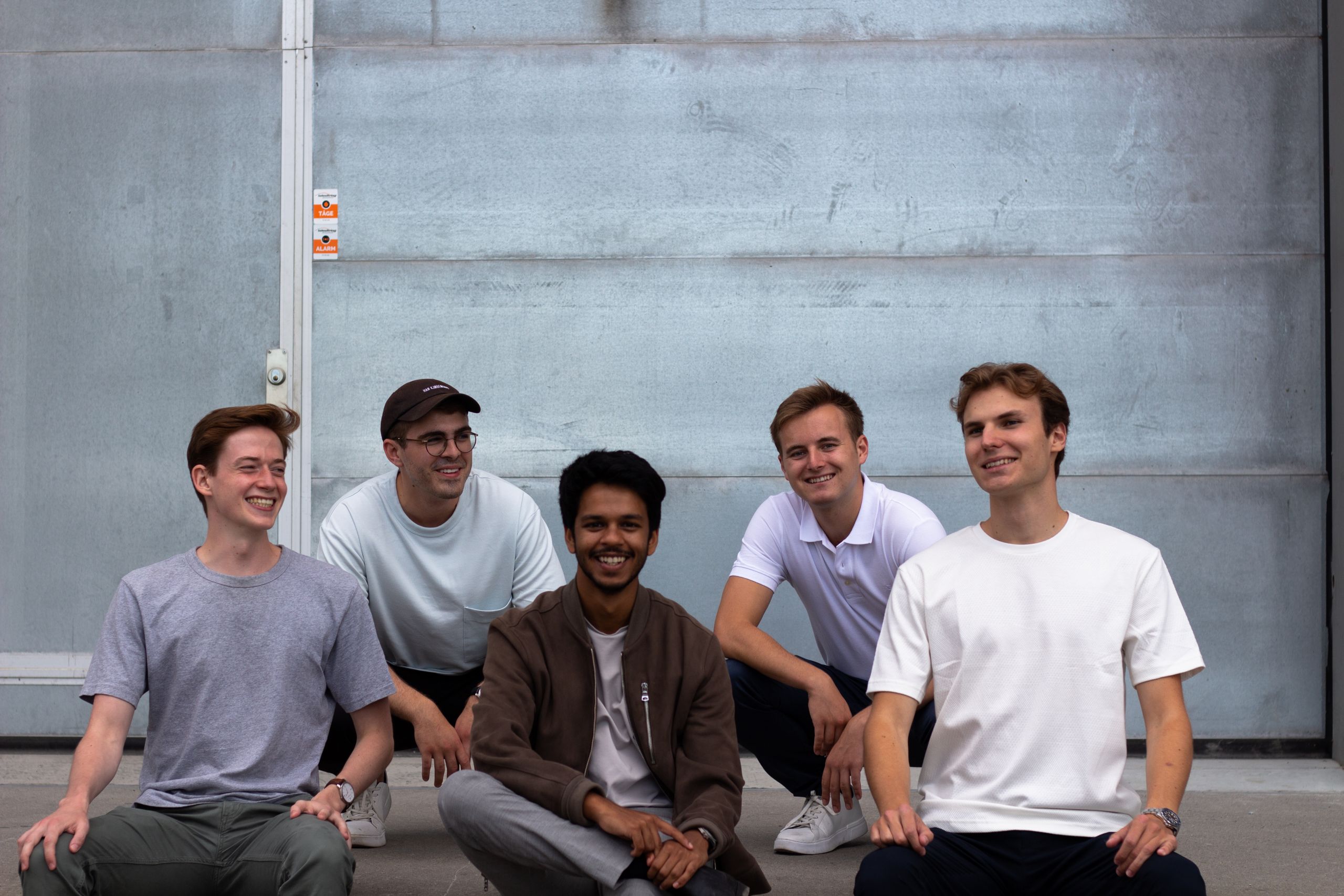
The Squire team - Jakob Frederik Horn, Lucas Wittrup, Arnab Deb, Marcus Westh Olsen and Christopher Veuthey - connects customers with independent freelancers and businesses offering a vast variety of services. (Private photo)
In recent years, CBS students have been showing a particular interest in establishing their own startups. But even though there are several risks and uncertainties at stake, it provides a long list of unique options and takeaways that are particularly favorable for entrepreneurial rookies – at least if you ask CSE and the students themselves.
While some students feel they have plenty on their plates in the form of lectures to attend and numerous pages to read, others scale up their study life by creating their own startup businesses on the side – which seems to be a growing trend.
From 2017 to 2019, the number of startups created by CBS students who joined Copenhagen School of Entrepreneurship (CSE) increased significantly from 154 to 266.
And even though the numbers are more uncertain in 2020 due to COVID-19, where many international students traveled home and restrictions put a lid on entrepreneurial activities, the interest from committed students wanting to start up business adventures was still remarkably pronounced.
When you establish a startup, oceans of different challenges come washing over you. But if you’re a student, you have little to lose and much to gain
“We are experiencing high interest from students wishing to explore new business opportunities, build their own startups or transform a little part of the world for the better through their business” says Director of CSE Andreas Gjede.
Two startups from the CSE community are Pinploy and Squire. Pinploy is run by CBS students Saxo Merrild and Squire is run by the Squire team: Arnab Deb, Frederik Horn, Lucas Wittrup, Marcus Westh Olsen and Christopher Veuthey.
They have taken the plunge into the startup world within the past two years, and even though balancing a combined study and business life takes some sacrifices, they have not regretted it a single bit.
“I think establishing a startup while studying makes a lot of sense. I mean, it’s the perfect time to do it!” Saxo Merrild says.
Oceans of challenges
According to the director of CSE, it makes perfect sense that interest is intense among students wishing to blend academic assignments with balancing the books and developing business models.
“When you establish a startup, oceans of different challenges come washing over you. But if you’re a student, you have little to lose and much to gain,” Andreas Gjede says and adds:
“Often the chances are that you’ve just read about something valuable while studying that gives you the opportunity to convert the theoretical knowledge into practice while solving a specific issue at the same time. Therefore, becoming a business owner while still studying is a unique opportunity.”
Saxo Merrild agrees with Andreas Gjede’s point of view.
“I believe that establishing a startup while studying is the perfect time. Your studies provide you with a vast variety of resources, tools and know-how. In addition, CBS also offers all sorts of professional feedback, incubators and free office spaces,” he explains and adds:
“Moreover, as a student, you are at a point in your life where you still haven’t got too many obligations and responsibilities with children, family and the like. Therefore, you can devote yourself and your time entirely to your startup-project.”
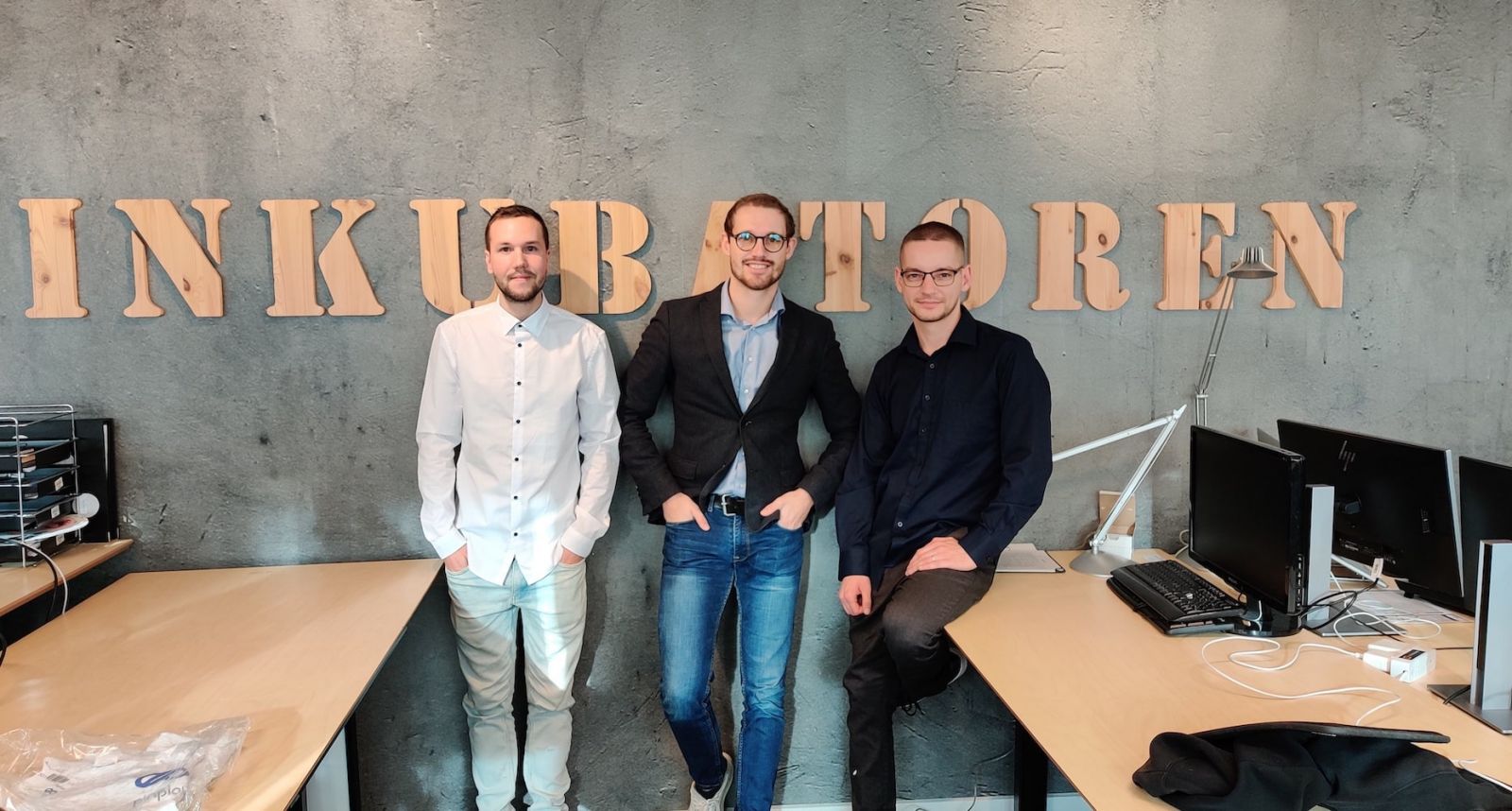
For Saxo Merrild, it makes a lot of sense that establishing a startup is a growing trend among CBS students.
“In one sense, the universities are tools for the government that are used to navigate young generations in directions that are valuable for our society. And right now, our society needs new businesses and jobs. Therefore, it comes as no surprise to me that students are interested in becoming business owners,” he says.
Arnab Deb also emphasizes the resources and help provided by the university as well as the phase of life students are in as important factors that encourage them to become startup owners while studying. But he also underlines another important factor.
“For me and my partners, SU was a major contributing factor to why we dared create the startup while studying on the side. It means that we have a financial safety net to rely on, which we wouldn’t have if we waited to become entrepreneurs until after graduating,” he says and goes on:
“Furthermore, this also means that while we’re studying, we have several years to make mistakes while improving the viability of the startup and ourselves as entrepreneurs.”
Juggling studies and startups
Being fulltime students and fulltime business owners at the same time must naturally demand a lot of time and sacrifices, and Andreas Gjede acknowledges that different challenges can occur in an attempt to balance business, books and life.
“You risk becoming incredibly busy. Especially if the startup gains speed. Then, of course, it’s not always easy to prioritize things,” he says.
However, since the global pandemic broke out, the natural way of things has changed – and this has also had an impact on Saxo Merrild and Arnab Deb.
“Before the crisis, my startup work had to be mobile so I could dip in and out of it in between studies and lectures,” Saxo Merrild says and continues:
“But after COVID-19 made its entry and closed down society, all the studying activities have gone online and many lectures are now pre-recorded so I can access them whenever it suits me. This means prioritizing time to work with the startup is now much easier and more flexible.”
Arnab Deb agrees that things have become much easier since everything went online. However, for him, the exam periods have made it difficult to prioritize and juggle the startup with his studies.
“To be honest, balancing the two things has not been easy when there are several exams to attend to. But recently, I have made it work by working on the startup on weekdays and then catching up on my studies on weekends,” he says.
And while the crisis has been a major blow for some in the vast business world, it has had a fundamental and positive influence on his and his partner’s entrepreneurial adventure.
“Had it not been for the crisis, I’m not sure we would have jumped into it and created our startup. When the lockdown came, a lot of time came with it. And instead of using the time that was suddenly available to us on gaming and stuff like that, we decided to use our time more wisely,” he says and continues:
“So, while I have the deepest sympathy for those who are hit by the crisis, I also think it has been a blessing in disguise for our startup.”
“There’s much more to win than lose”
When asked whether the two student entrepreneurs regret their choice of entering the startup world, the prompt reply is no.
“There’s much more to win than lose,” Arnab Deb says: “It’s a practical learning process where you can develop and accumulate a lot of knowledge along the way.”
In short, suck yourself into the entrepreneurial environment. That’s the best way to find the right direction for you and your startup
And based on the experiences they have already had on their relatively short business adventures, they provide some useful advice for other student startup aspirants at CBS.
“Never be afraid to ask for help. You’ll be surprised how helpful people are willing to be if you just grab the phone and call them or write them an e-mail. That’s pretty essential I think,” Arnab Deb says and goes on:
“And then you must accept the fact that it’s impossible to have control over everything. There’s always something that you’ve forgotten or done wrong, and problems will constantly appear. But that’s OK and it also helps to make being an entrepreneur such fun!”
Saxo Merrild agrees with Arnab Deb and adds:
“Take an internship in an established startup, participate in startup competitions, join an incubator, join accelerator programs and find a mentor – in short, suck yourself into the entrepreneurial environment. That’s the best way to find the right direction for you and your startup,” he says.
And speaking of joining an entrepreneurial environment, Andreas Gjede welcomes all entrepreneurial students.
“At CSE, we greet all students with open arms and see how we can help them get further on their transformational startup journey, that’s for sure,” he says.




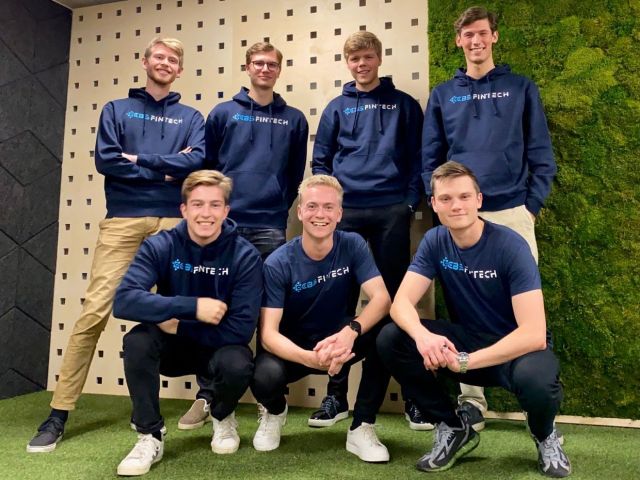
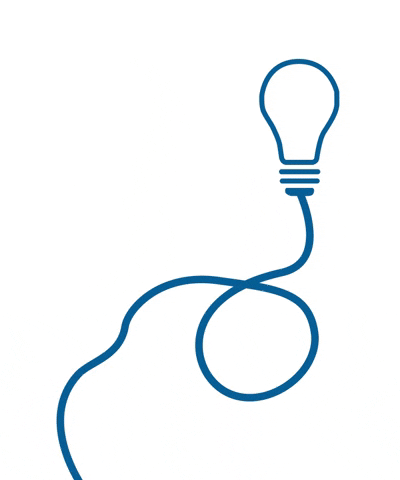

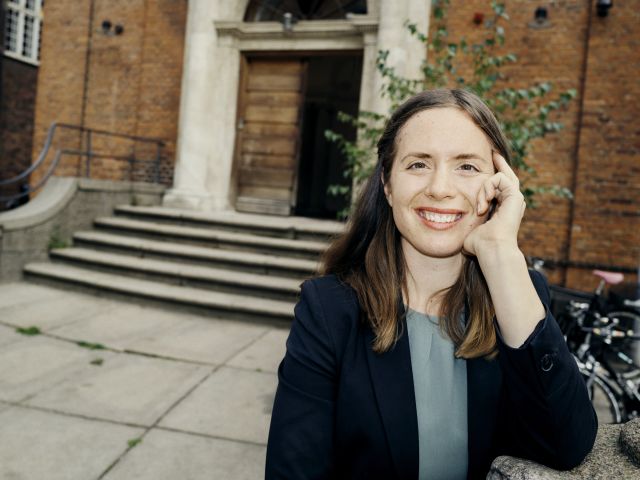




























































































































Comments